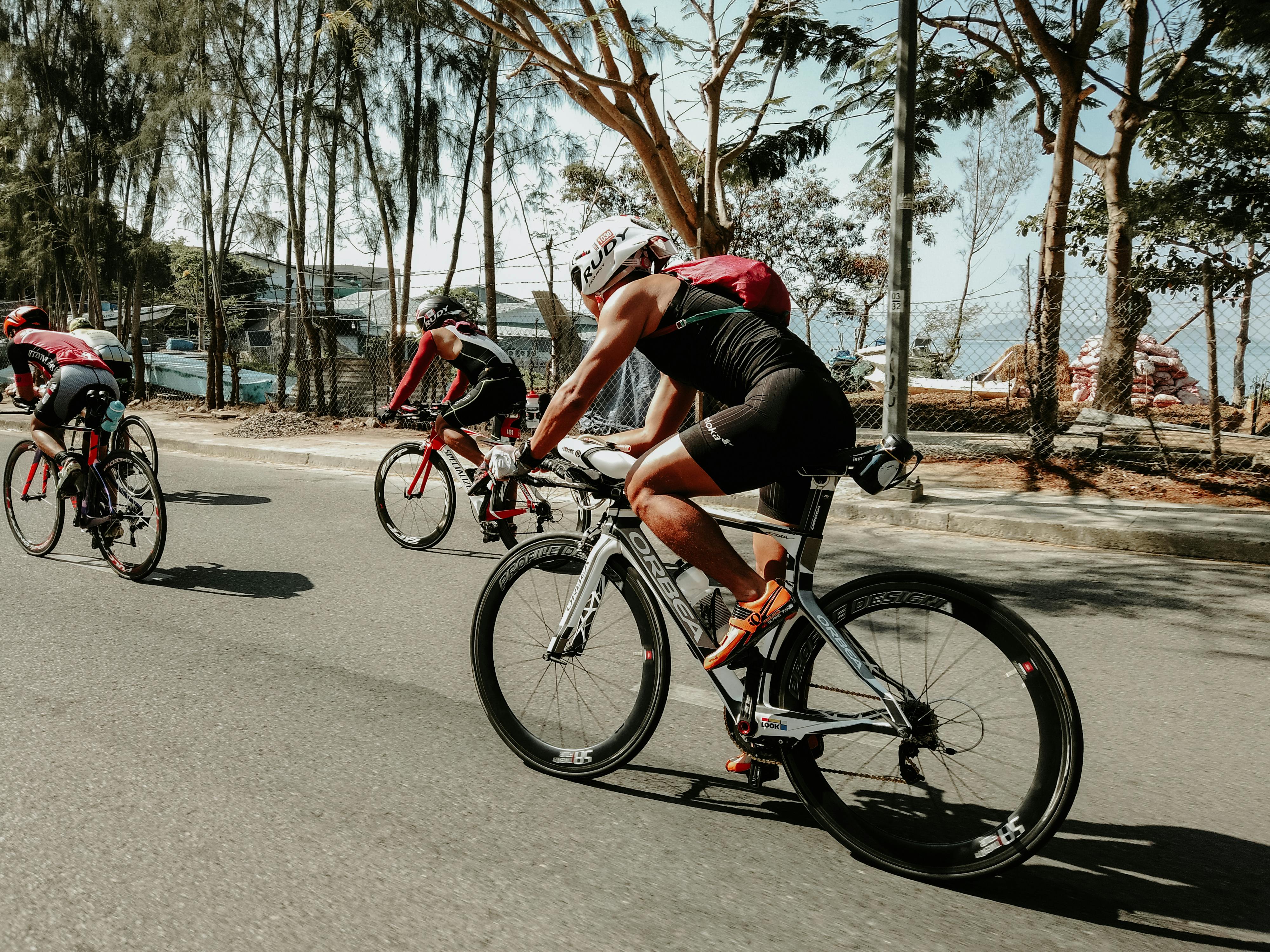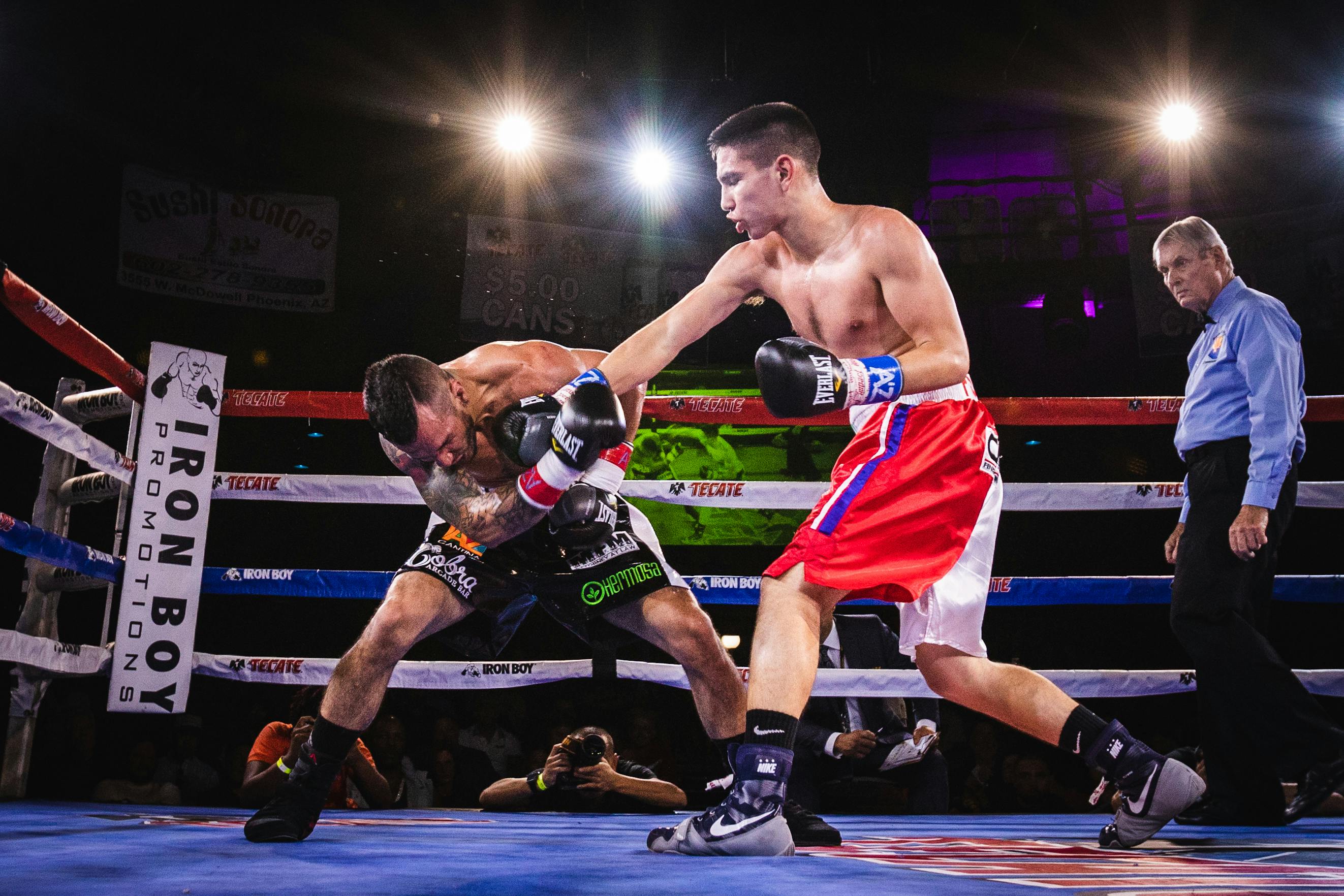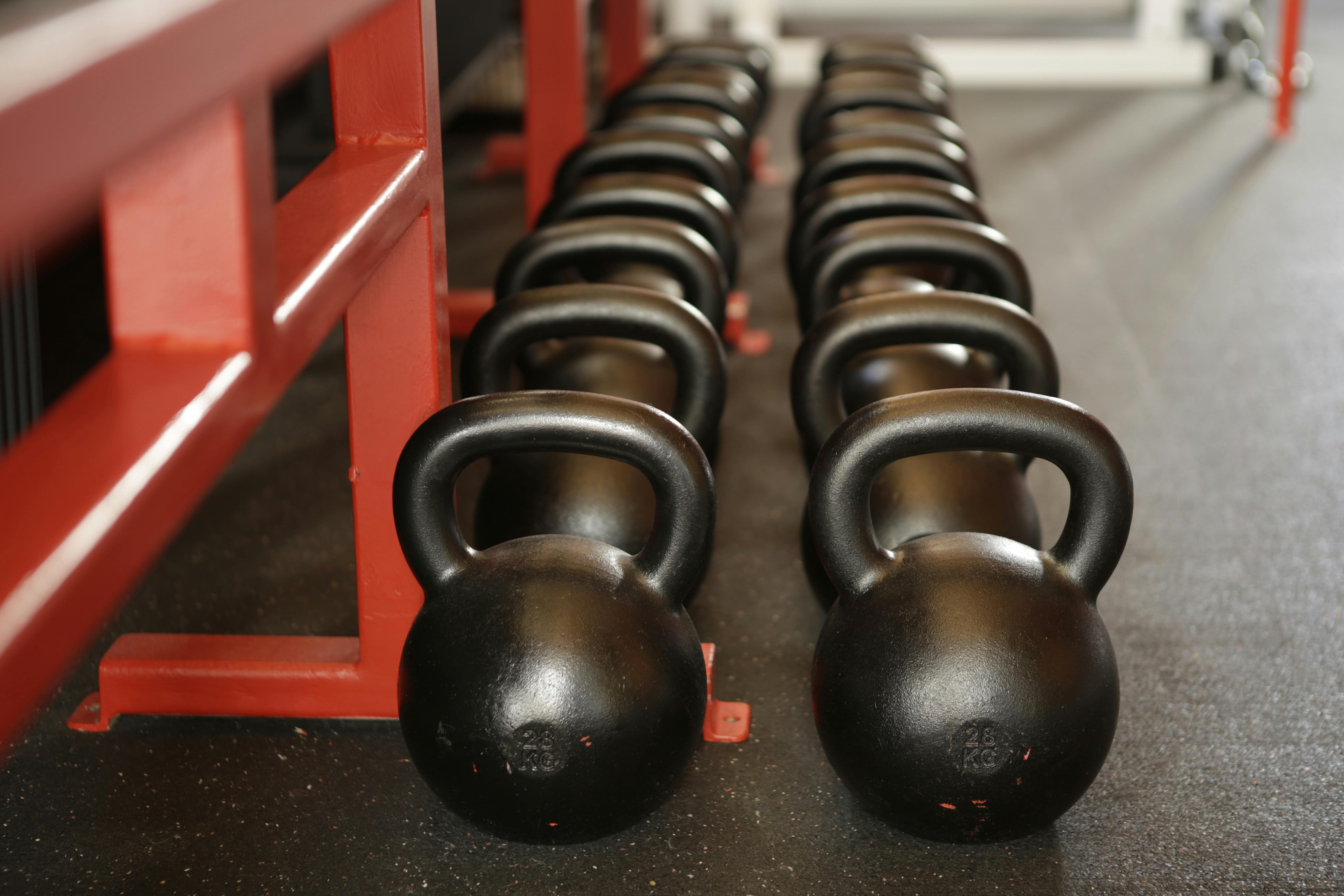Olympic Hockey – Early Years Trivia
Disguised as a winter sporting event, the first World Championship games were a demonstration event at the 1920 Summer Olympics. One stipulation was that if hockey was played, figure skating had to be included. Sweden blanked host Belgium 8 – 0 on April 23, 1920 in Antwerp in game #1. Bill Hewitt umpired the first hockey game. Kristmundur “Chris” Fridfinnson scored the goal that gave Canada its first Olympic gold medal. Einar Svenson scored the first goal against Canada in Olympic competition. Nursing leads 3 – 0, Svenson scored for the Swedes at 15:58 of the first half. It should be noted that the first Olympic hockey games were divided into halves from 2 to 20 minutes.
MEDALS: GOLD – CANADA…Silver – United States…Bronze – Czechoslovakia
1924: The 1924 Winter Olympics, officially known as the First Winter Olympics, were held in Chamonix, France. Originally called Semaine des Sports d’Hiver “International Winter Sports Week” and held in association with the 1924 Summer Olympics, the sporting competitions held at the foot of Mont Blanc in Chamonix, Haute-Savoie, between January 25 and 5th February. Harry Watson played 5 games and scored a hat-trick in each competition. With a fast start, Harry scored a total of 11, 13 and 6 goals: 3 games in three days. After a day off, Watson scored hat-tricks against Great Britain and the USA in the medal match. It’s still a total scoring record… 36 goals for the tournament. Canada split 17 hat-tricks between 4 players. After representing the US at the 1924 Olympics, Al “Frenchy” Lacroix became George Vezina’s alternate with the Canadians. Lacroix relieved Vezina during the 1925-26 season. Alphonse Albert Lacroix hailed from Newton, Massachusetts.
MEDALS: GOLD – CANADA…Silver – United States…Bronze – Great Britain
1928: At the 1928 Olympics, the Canadian gold medal winners completely “excluded” the opposition. Represented by the U. of Toronto Grads, Canada blanked European opposition three times in a row. Due to their well-known superiority, Canada was given an automatic “dismissal” in the medal round. They claimed Gold by blanking Sweden 11 – 0, Great Britain 14 – 0 and Switzerland 13 – 0. Dr. Joe Sullivan recorded the shutouts in games #1 and #3. “Stuffy” Mueller blanked Britain. Future Montreal Maroons teammates Hugh Plaxton and Dave Trottier led Canadian scoring with 12 goals each. Despite not being behind the bench, Conn Smythe received a gold medal at the 1928 Olympics. Two of Canada’s players, Hugh Plaxton and Joe Sullivan, lobbied for their relatives to make the 1928 Olympic team. did not agree. Added Frank Sullivan, Roger and Bert Plaxton. The players won the dispute. They went for the Gold. Conn Smythe stayed home. Coach Bill Hewitt was left in charge of the Canadian team.
MEDALS: GOLD – CANADA…Silver – Sweden…Bronze – Switzerland
1932: The rules regarding the amateur status of players competing in Olympic tournaments were very strict. Once again, the US Olympic Committee bent the rules of amateur vs. professional in 1932. Before the Lake Placid games, the American team played the Boston Bruins. The US Olympic team received the game receipts. Americans claimed they couldn’t afford to travel to the games if they didn’t accept the proceeds. The Canadians refused to lodge a protest. The opening matchup of the 1932 Canada vs. The United States fell behind. Before the action, USA goalkeeper Frank Farrell had his goalkeeper pads strapped on so tightly that they were within the legal width. When the goalkeeper’s knees were together, the pads could not be more than 20 inches wide. The system of two arbitrators was accepted. Only two men officiated all the contests…Lou Marsh from Canada and Don Sands from the United States. The tournament was a double round-robin series. The teams played periods from 3 to 15 minutes.
MEDALS: GOLD – CANADA…Silver – United States…Bronze – Germany
1936: The Port Arthur Bearcats were chosen as Canada’s representatives at the 1936 Olympics by default. The usual procedure was that the Allan Cup champions from previous years would be Canada’s chosen team. However, the 1935 Halifax Wolverines lost most of their best players after their Allan Cup win. Given the impossibility of putting together a competitive team, the Olympic committee chose the Bearcats as runners-up. Canada’s Olympic streak reached 20 before suffering its first loss. After 3 wins in Group “A”, the Canadian team was defeated by Great Britain 2-1. February 10, 1936: Chirp Brenchley scored the winning goal at 13:48 of the third period. Carl Erhardt was the oldest player to win an Olympic gold medal in hockey. Born on February 15, 1897, Erhardt was captain of the 1936 Olympic champions. Carl was 39 years old at the time.
MEDALS: GOLD – GREAT BRITAIN…Silver – Canada…Bronze – United States



